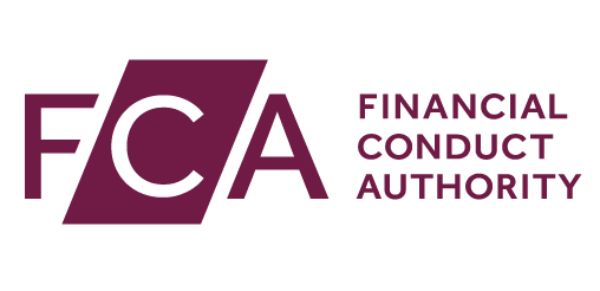How the establishment of a new AML super agency could change the game for AML compliance
Once considered a haven for money launderers, the Federal Republic of Germany has taken some significant steps to potentially revolutionise the fight against money laundering.
FATF had previously criticised Germany for the prevalent use of cash payments – anyone who has been to Germany since COVID might be astounded at the continuing use of paper money – along with sufficient cooperation between national AML supervisors. Up to 75% of transactions in Germany take place in cash, and it does not require any reporting from obligated entities of cash transactions. German financial institutions like Deutsche Bank have faced multi-million dollar fines across the world for their money laundering failings. Unsurprisingly, the FATF gave Germany poor marks in its 2022 evaluation report.
This comes amidst mounting Deutsche Bank money laundering scandals. One of the bank’s subsidiaries was fined by the United States for poor systems to manage money laundering compliance. In Germany, the Federal Financial Supervisory Authority (BaFin) recently fined Deutsche Bank €170,000 for failing to promptly report suspicious transactions. BaFin have also appointed a special monitor to oversee the lender’s handling of the Postbank unit.
In response, the German Ministry of Finance has come out with a new super-AML agency, recently approved, which could fundamentally change AML compliance in Europe’s finance hub.
Every good agency needs a good name, and the Federal Bureau of Financial Intelligence (FBFI) starts with a strong lead in that respect. It will be based in Dresden and Cologne, with 1,700 staff and a budget of €700M. In German it is known as the Federal Office for Combating Financial Crime, or BBF.
The BBF will also be supported by the creation of several new agencies which will assist the collaborative approach to financial intelligence and anti money laundering compliance.
The Money Laundering Investigation Centre (EZG): The EZG will be responsible for investigating significant cases of international money laundering with a connection to Germany.
A Central Office for AML Supervision (ZfG): The primary purpose of the ZfG will be to strengthen a uniform, stringent risk-based approach to money laundering supervision of the non-financial sector and to coordinate and support supervisory measures under German AML law across all 16 federal states.
The Asset Concealment Investigation Centre (EZV): The EZV will be established as a unit for tracing significant assets under the newly established Asset Identification Act (Vermögensermittlungsgesetz).
In addition, the existing Central Office for Sanctions Enforcement (ZfS) and the Financial Intelligence Unit (FIU) are expected to be integrated into the BBF by the start of 2025.
Germany’s new federal unit will have far reaching powers as a federal police unit within the ministry of finance. Along with law enforcement authority, BBF agents will carry fire arms and be able to request a person’s banking information from the German financial authority, BaFin.
The new Asset Identification Act will help avert risks to the economy from lack of transparency of beneficial ownership of significant assets with unclear origins.
The law includes a very broad definition of the term ‘assest’ (including rights and shares), but shall only apply to significant assets, ie assets with a value in excess of €500,000 or €10,000 in cases where the asset is required to be registered in a public register. The administrative asset tracing will, therefore, apply to the overwhelming majority of all real estate, ships, cars and planes in Germany, but also apply to shareholdings or mortgage loans.
The BBF can demand a court order if there is an assumption that the asset is very likely to pose a risk to the economic and financial system. This assumption can be based on factors like a mismatch between the income of a person and the value of a significant asset, or person’s association to a criminal organisation.
If a significant asset is owned by a company, the unusualness and purpose of the asset (eg a yacht for a small cleaning business), or a complicated ownership structure, which significantly complicates the identification of the ultimate beneficial owner (UBO), will also be indicators for such risks.
BBF agents can apply for a court order to raid the premises or seize such significant assets.
Real estate has long been a significant risk to the German fight against money laundering. The cash-intensive nature of the German economy makes it an attractive destination to launder money through real estate. A new real estate transaction registry, accessible to law enforcement, will be fed with data from sale notices, courts, authorities and public land registers to create a single source for real estate intelligence.
The new head of the agency, Dr Marcus Pleyer, said: “It will have one objective only: fighting money laundering.”
The German government has laid the gauntlet down for a radical new approach to fighting money laundering. It’s now up to the second chamber of the legislature, the Bundesrat, to finalise and fund this potential revolution in tackling money laundering at the heart of Europe.









